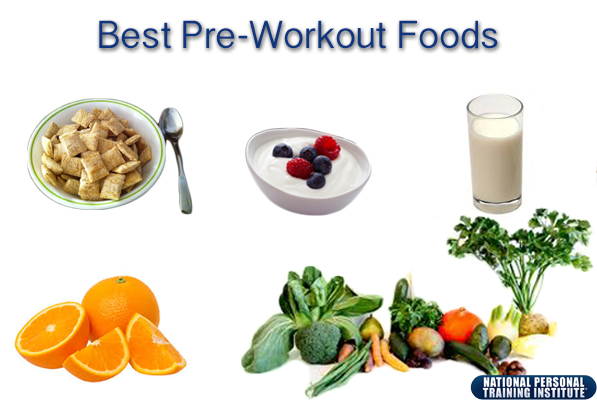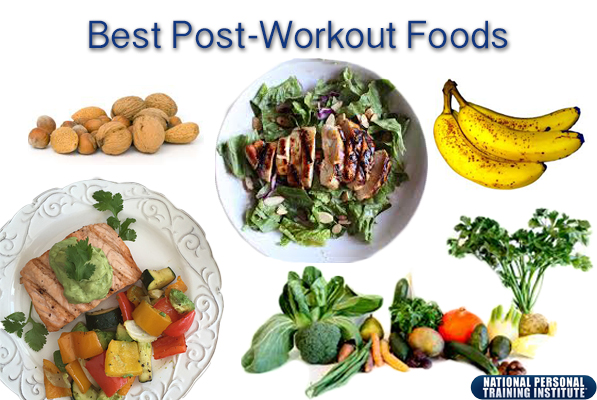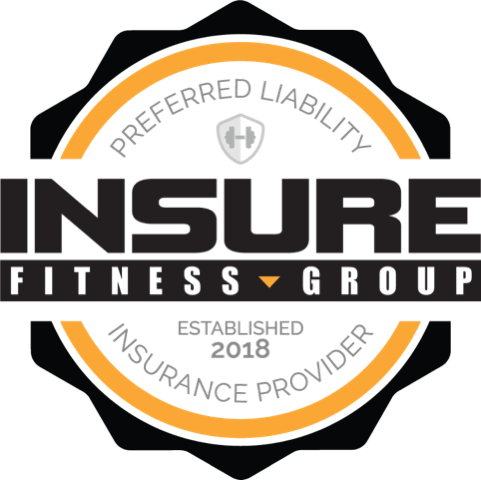When starting an exercise routine it is important to learn how to nutritionally prepare before, during and after exercise. Here are a few tips on the best foods to eat before and after exercise.
Choosing the right foods to go with exercise is all about maximizing the effectiveness of the exercise sessions. The goal is to help to prepare your muscles before, and aid in repairing them after, training sessions. In the longer term this helps to keep you healthy by bolstering your immune system. The first thing to remember is that you should try to eat at least 30 minutes beforehand (regardless of the activity) and 30 minutes after.
The American Heart Association has a great article with some great tips for the perfect foods before and after workouts. When it comes to fueling up before exercise, you’ll find the usual suspects such as healthy carbs like whole-grain cereals (with low-fat or skim milk), whole-wheat toast (without the fatty cream cheese), low-fat or fat-free yogurt, whole grain pasta, brown rice, fruits and vegetables. These carbs digest easily and contain the glucose that muscles need for movement.
It’s best to keep this general due to the fact that different ages, body types, workout regimens and exercises (as well as duration) can all have an impact on the types of foods you eat as well as the portion sizes. The ideal scenario is to have nutrients such as proteins, vitamins, and minerals as part of pre and post exercise snacks and meals.
You can create great pre exercise snacks like fruit salad with fruit yoghurt or have a fruit smoothie or milk shake. Bananas are great all-purpose snacks before a workout (morning or noon). You can try just having the banana with some mixed nuts and water or something like having whole wheat toast with sliced banana and cinnamon.
Oatmeal is a great pre-workout food that has complex carbs that provide consistent energy throughout the workout. A bowl of oatmeal with fresh fruit provides some nice carbs while the fruit helps with hydration. Try steel cut oats for when you are planning an intensive workout. One serving of oatmeal is generally 1/2 cup of cooked oats, which amounts to a 1-ounce equivalent from the grain group.
Greek yoghurt with fruit salad is an ideal food post exercise as it has double the amount of protein as well as less sugar and sodium than regular yoghurt while also being a great source of carbs. Add fresh fruit for even more nutrients. According to the U.S. Department of Agriculture’s ChooseMyPlate.gov, a serving of any type of yogurt, including Greek yogurt, is 1 cup, or 8 fluid ounces.
Carbs, nutrients and proteins are also important for after exercise to help in muscle recovery. Your snack or meal will also need to rehydrate you and kick-start your immune system.
You can always rely on fruit yoghurt and a cereal bar or a banana fruit salad with fruit yoghurt, which can work well for post-exercise snacks at lunchtime. For a little more substantial lunchtime post exercise snack, a whole wheat tuna fish, hummus and spinach sandwich fills the bill.
For evening exercise routines try a meal of grilled chicken and mixed vegetables. Both tuna and grilled white meat chicken are low in calories but high in protein and carbs. Hummus provides a nice dose of fiber. ChooseMyPlate.gov says that best serving size for chicken is 1 oz. A cooked boneless skinless chicken breast is equivalent to 3 oz. of protein.
Having a salad post exercise introduces enzymes to help the body break down nutrients that can then be sent to the muscles. You can add things like pineapple and kiwi for their anti-inflammatory properties and ability to break down amino acids.
Post exercise meals with other lean proteins like salmon and turkey are both easily digestible to get those nutrients absorbed more quickly. Milk is great at rehydrating the body post workout as it stays with the body longer than water or sports drinks. It’s also rich in electrolytes such as potassium and sodium, which the body loses through sweating.
While these are only a few of the best foods for before and after exercise, it’s important that they be part of a fully realized nutrition and workout plan that fits the goals and needs of the individual. Whether or not you are a personal trainer, it’s all about balancing exercise and nutrition to ensure that we can attain and maintain health goals that will help us to enjoy life to the fullest.




